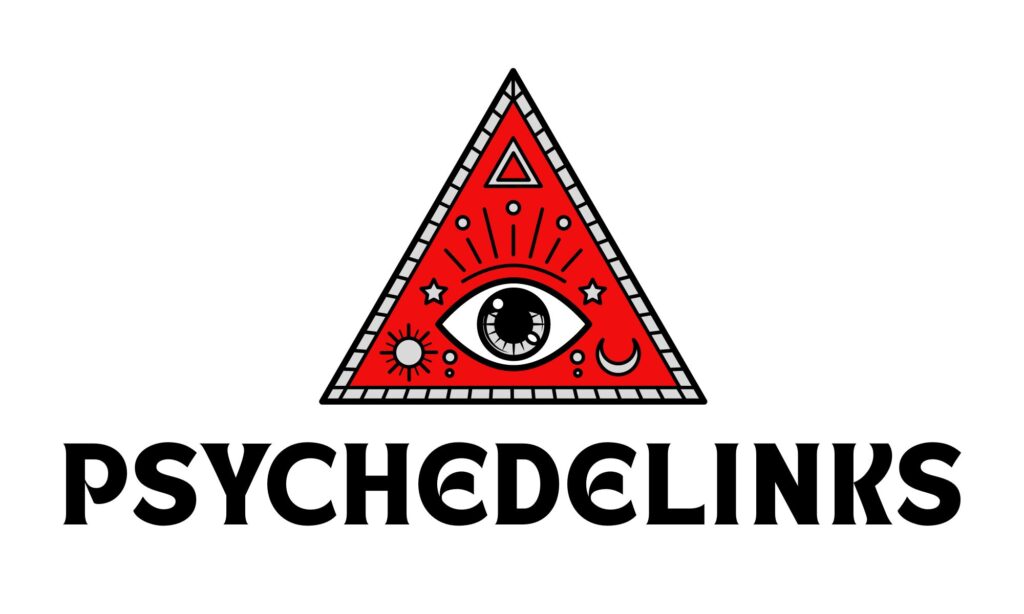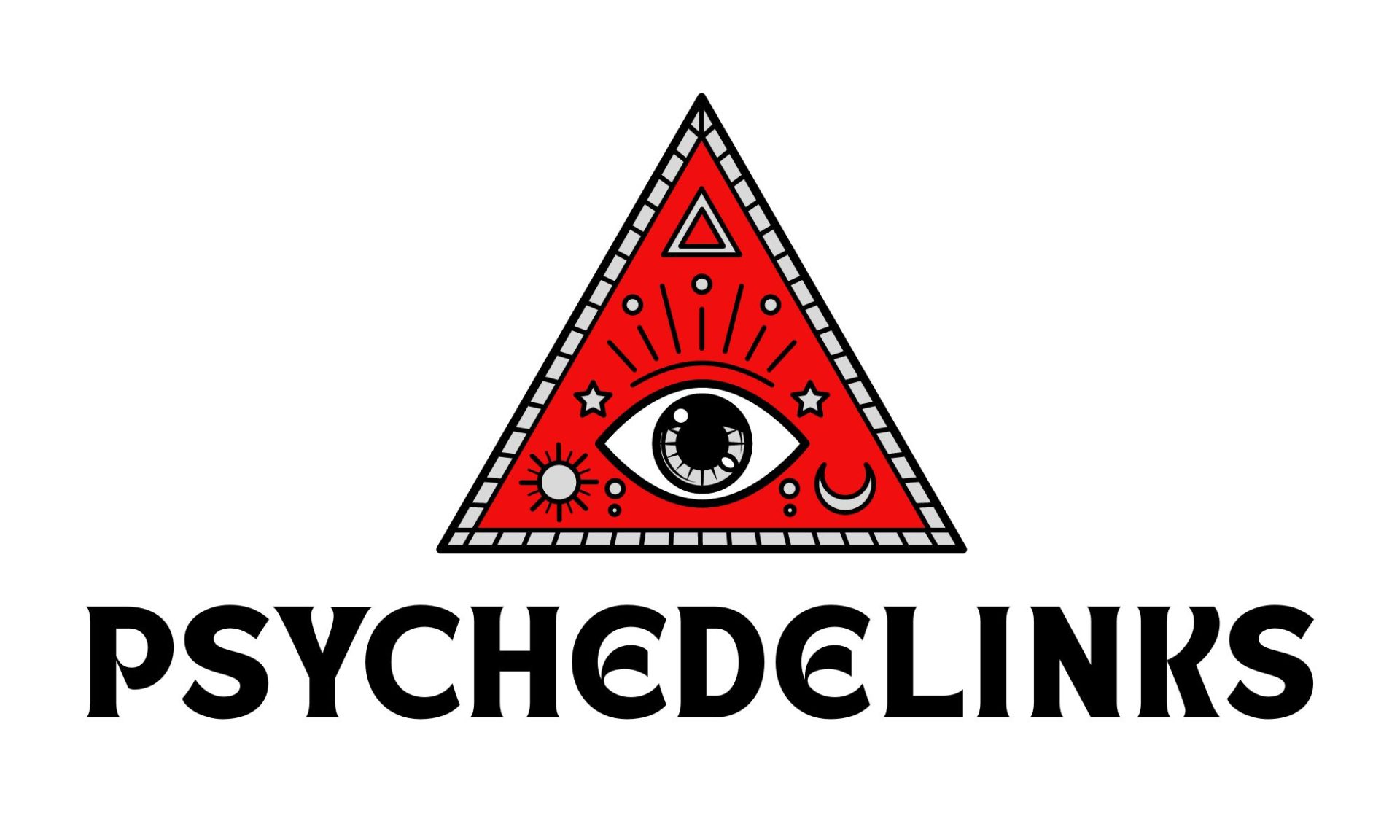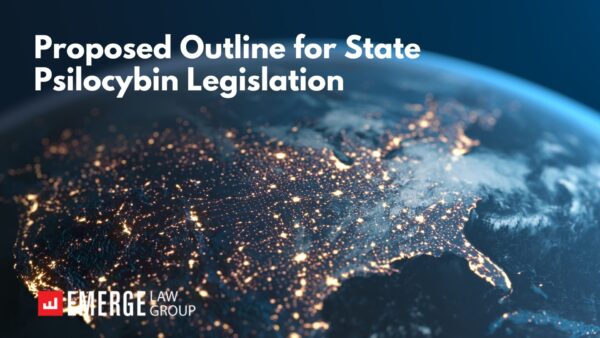PsychedeLinks is a curated selection of top news stories impacting business, research, and culture in the psychedelics ecosystem, crafted by Emerge Law Group’s groundbreaking Psychedelics Group.
Emerge’s Hot Take
Oregon Psilocybin Entrepreneurs Navigate Business Requirements
Read Lucid News’ article discussing how Oregon psilocybin entrepreneurs can navigate business requirements to open treatment centers as supervised use of the substance becomes legal in the upcoming 2023 year. Initially, each business must understand that psilocybin continues to be a schedule one substance which presents a risk with many unknowns. Emerge Law Group’s, Dave Kopilak, believes that it will be similar to how the cannabis industry rolled out. At the Horizon’s Conference in Oregon, Kopilak said, “Sometimes folks in the psychedelics industry roll their eyes and say, ‘Well, we’re not cannabis.’ I totally get it. But some of the legal issues we encountered for cannabis are identical, and the psychedelic industry will encounter those exact federal issues.” Kopilak emphasized that it depends on the U.S. Department of Justice choosing not to prosecute psilocybin providers.
Given the federal status, taxes and banking are going to be huge hurtles on the road. Businesses will be dealing in cash, and without some form of federal protection, such as the Cole Memo for cannabis businesses, mainstream banks will be unlikely to extend services to businesses “touching the fungi” so to speak, and tax deductions are minimal.
State regulations further complicate the process with owner residency and disclosure requirements. Kaci Hohmann of Emerge Law Group explained that more than 50% ownership interest must be held by Oregon residents and have lived in the state for at least 2 years. She further explained that “Certain applicants are going to have to submit to a criminal background check,” warned Hohmann, “Although personally identifiable information is exempt from public records requests.”
Read more about how to navigate the complicated business requirements.
Given the federal status, taxes and banking are going to be huge hurtles on the road. Businesses will be dealing in cash, and without some form of federal protection, such as the Cole Memo for cannabis businesses, mainstream banks will be unlikely to extend services to businesses “touching the fungi” so to speak, and tax deductions are minimal.
State regulations further complicate the process with owner residency and disclosure requirements. Kaci Hohmann of Emerge Law Group explained that more than 50% ownership interest must be held by Oregon residents and have lived in the state for at least 2 years. She further explained that “Certain applicants are going to have to submit to a criminal background check,” warned Hohmann, “Although personally identifiable information is exempt from public records requests.”
Read more about how to navigate the complicated business requirements.
Other Noteworthy News
Magic Mushrooms Would Be Decriminalized In California Under New Bill
The possession and personal use of certain psychedelic drugs such as “magic mushrooms” and ayahuasca would be decriminalized in California under a bill introduced Monday backed by mental health professionals and veterans groups. Supporters of Senate Bill 58 say that the legislation is a step toward ending California’s “war on drugs” and that decriminalizing psychedelics could pave the way for better treatment options to alleviate substance use disorders and other health issues such as anxiety and depression. The bill will likely face opposition among law enforcement groups, which have raised concerns in recent years with the possible public safety risks associated with hallucinogens. State Sen. Scott Wiener (D-San Francisco) reintroduced the bill roughly four months after an earlier version was gutted in a key state Assembly committee amid opposition from law enforcement and a handful of Democrats who joined Republicans in voting against it. The new proposal excludes synthetic psychedelics including LSD and MDMA, known commonly as ecstasy, which were included in the previous iteration.
Psychedelic-Assisted Therapy Coming To A Health Plan Near You
Fifty years ago, it sounded unthinkable. Even a decade ago, it seemed like a fantasy. But in 2022, the use of psychoactive chemicals for therapeutic purposes is finally gaining traction. That movement is worth pondering for the design of future mental health benefits. A winding down of the War on Drugs and gradual reconsideration of controlled substances' place in society has allowed commercial and private re-examination of their use. It has also encouraged scientific and mental health professionals to study the efficacy of psychedelics such as ketamine, MDMA and psilocybin in the treatment of depression and other mental health conditions. With the number of cases involving mental illness unfortunately rising dramatically in recent years, psychotherapists are interested and invested in new avenues of research surrounding their treatments.
Quebec Approves Health Coverage For Psilocybin Therapy
Quebec this week advanced the acceptance of psychedelic therapies by becoming the first governing medical body in Canada to publicly fund medical psilocybin-assisted psychotherapy. The move marks a milestone in the recognition of psilocybin, the primary psychoactive in “magic mushrooms,” and sets a precedent for other Canadian provinces to take similar action. “This decision is a huge step forward for the use of psilocybin-assisted psychotherapy as a legitimate medical treatment, TheraPsil, a nonprofit group that advocates for the advancement of psilocybin therapies, wrote in a statement on December 15. “It not only provides greater access to this potentially life-changing treatment for patients in Quebec, but it also sets a precedent for other provinces to follow suit.”
A Psilocybin Advocate Considers Lessons From Portland’s Shroom House
For six weeks, Shroom House sold psychedelic mushrooms from a shop on West Burnside. It wasn’t a psilocybin speakeasy. Shroom House advertised with seven signs, including a billboard across the street. It tweeted news stories from WW and others. Thousands flocked to the store, some waiting six hours to buy what has lately been hailed as a wonder drug. Rigorous academic research shows that psilocybin can help with depression, alcohol abuse, and post traumatic stress disorder. And tripping is fun. Shroom House on Burnside was the company’s second store. It has another one in Vancouver, B.C., where at least five shroom shops operate in violation of Canadian law. The holiday wonderland vanished early last Thursday, when police raided Shroom House, arresting the owner, a hip-hop artist from Canada named Tony Tachie, and several employees. A judge set Tachie’s bail at $1.5 million, quashing the notion of a shroom-friendly Stumptown. So, what did we learn here? We asked Evan Segura, former president of the Portland Psychedelic Society, an all-volunteer organization that seeks to educate people about the power and potential of psychedelics. Segura stepped down from the top job just a few months ago and remains a member of the society.
Subscribe
Subscribe to PsychedeLinks to receive essential biweekly articles on news, business, and culture in the psychedelics industry, delivered straight to your inbox.




